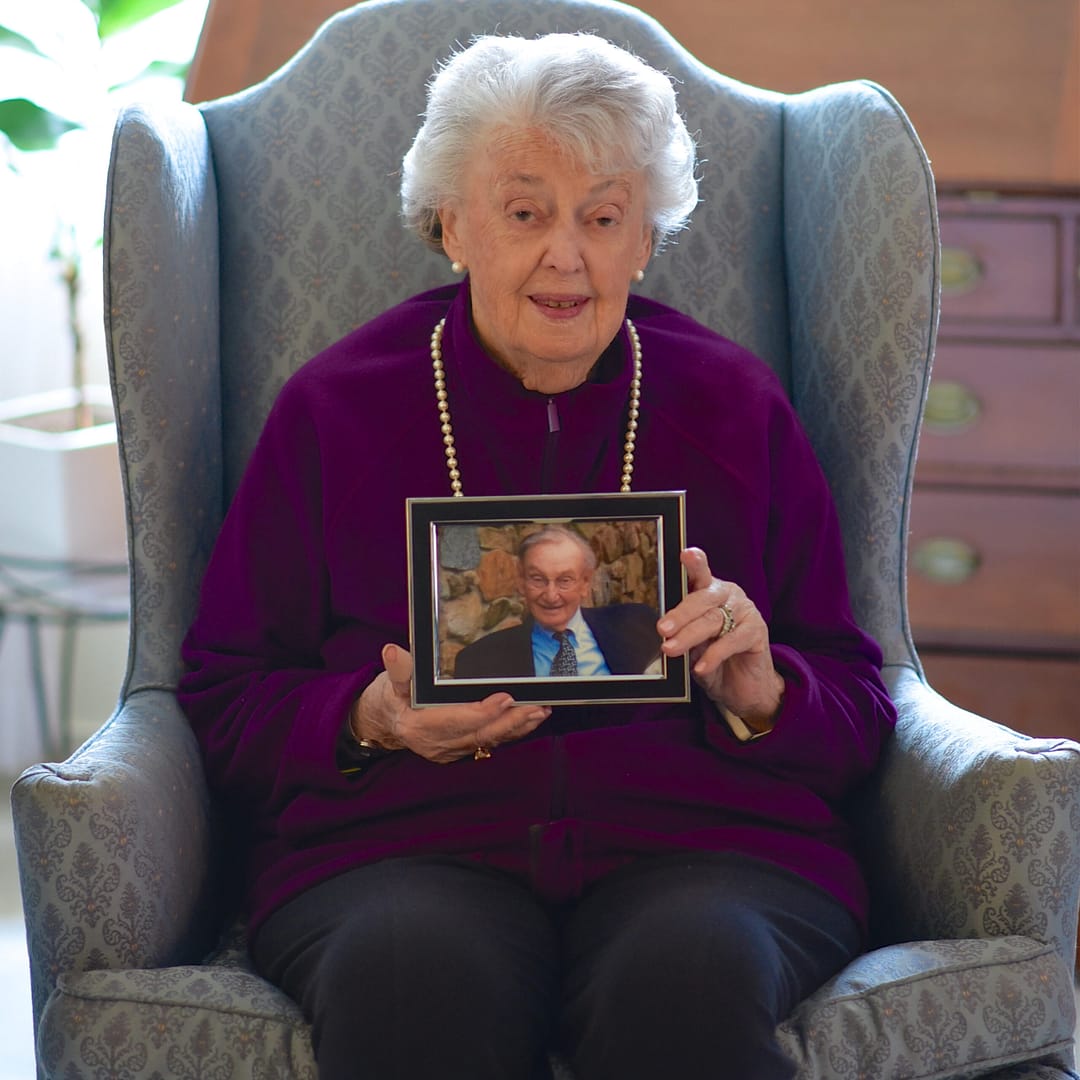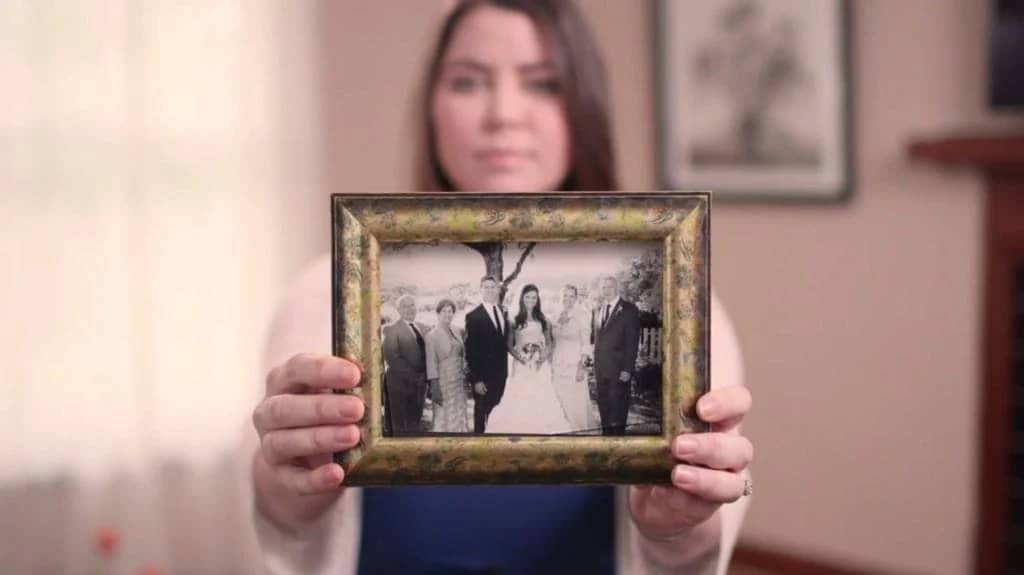
Lauralyn shared her story in December of 2022.
“Can’t you do something to help?”
Over the course of 50 years as a doctor, my husband, Bradford, heard this refrain again and again. Patients of his who were in terrible straits begged him to help end their lives so they didn’t have to go on in pain and agony. Every time, he felt so helpless because there was nothing he could do legally. He was just heartbroken that he couldn’t alleviate their misery.
Brad’s experience as an internist made him a committed supporter of the option of medical aid in dying long before he himself needed it.
In our 57 years of married life, Brad and I did everything together: We played tennis together, we went to church together, we raised four children together. We met in the late 1950s at a Christmas party. Someone lit a fire in the fireplace, but no one thought to open the chimney flue. As the room filled with smoke and cinders, we all rushed outside. I stood in the cold, rubbing my eyes, when Brad came over and said, “I’m a doctor. How can I help you?” And that was the start of it. He wiped the cinders out of my eyes. I always thought you couldn’t make up a more romantic meeting.
Brad loved his work and was very committed to his patients. Finally retiring at age 78, he planned to spend more time with our grandkids — “Gumpy” they called him — and playing competitive tennis at the Hartford Tennis Club, where he was a member, and throughout New England.
In the summer of 2014, Brad turned 86. He was still going strong. But that fall, he suddenly didn’t have the energy for tennis. He was extremely tired. Worried at the downshift in Brad’s energy levels, we sought a diagnosis and learned he had a blood disease called myelodysplastic syndrome.
Brad began a regimen of blood transfusions. The transfusions would give him energy for a day or two, but it wouldn’t last. After maybe 10 different transfusions, Brad’s doctor said, “I’m really just trying to keep you alive with these transfusions, but they’re not actually improving your health or treating your disease.” Brad said, “I’ve had enough.”
Without the blood transfusions, Brad knew he was coming to the end of his life. He had one other decision to make, however: Brad had an ICD, an implantable cardioverter defibrillator. If he died naturally while the ICD was turned on, the machine would create a reaction to try to keep his heart pumping.
A few years earlier, Brad had cared for my mother as her doctor while she dealt with her own heart problem. She ultimately suffered a slow death that left her in pain for weeks. Unlike my mother, who had no other option but to endure weeks of anguish, Brad could choose to turn off his ICD. He would finally be free of the discomfort and listlessness that had been plaguing him for months. It was his way of saying, “It’s over.”
Brad went on hospice in June 2015. A day or two after that, he decided to have his ICD turned off. He passed away a couple days later, on June 30, 2015, nine months since his diagnosis.
Brad was lucky in that he had the option of turning off his heart control device. He didn’t have to wait things out like my mother and so many of his patients. Still, an ideal end-of-life process for Brad would have been that he could take aid in dying medication and go to sleep. Medical aid in dying would have afforded him more control over his last days; he wouldn’t have had to wonder how long it would take for him to die. He could have planned how to spend those final precious moments.
I’ve sung in church choir for 25 years. Brad and I went to church together for decades, and all my kids have grown up in the church. My faith informs everything I do. And I believe that there are times to say goodbye rather than force someone to keep going in pain and suffering. No dying person should have to ask the question that my husband confronted so many times. He knew the importance of having choices at the end of life, including his own.

Nothing advances our common cause of improving end-of-life care like real stories. Inspire others and drive change by sharing your story today.
Mail contributions directly to:
Compassion & Choices Gift Processing Center
PO Box 485
Etna, NH 03750